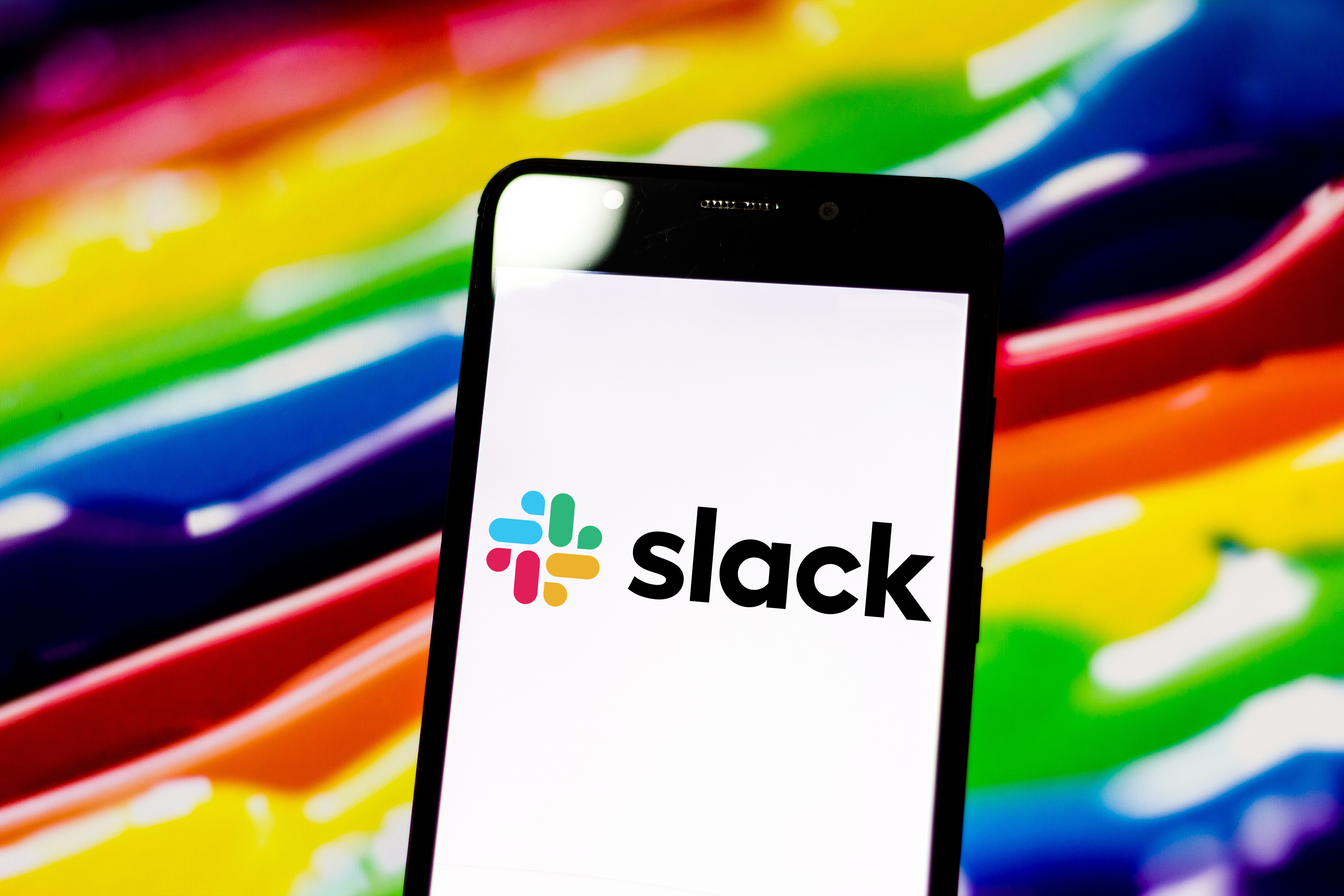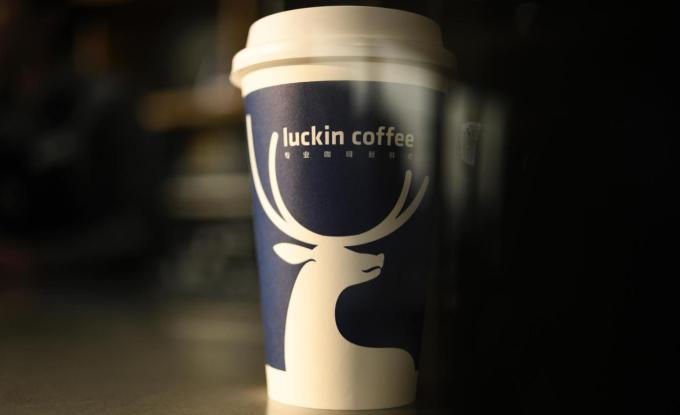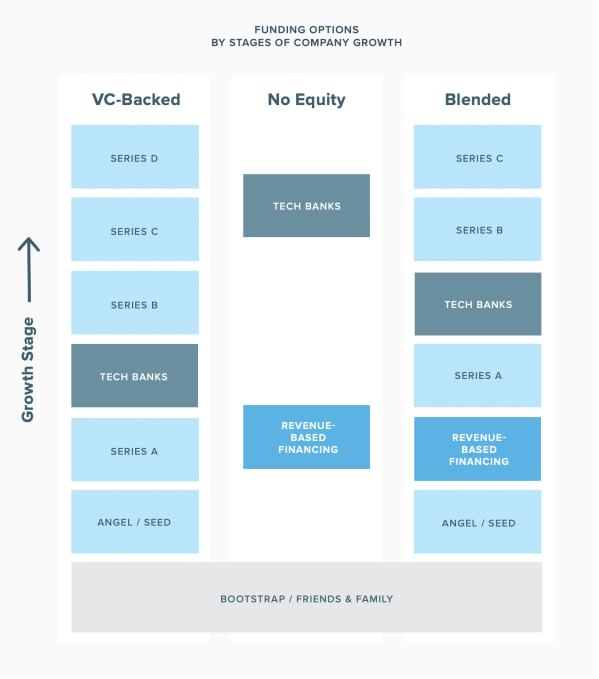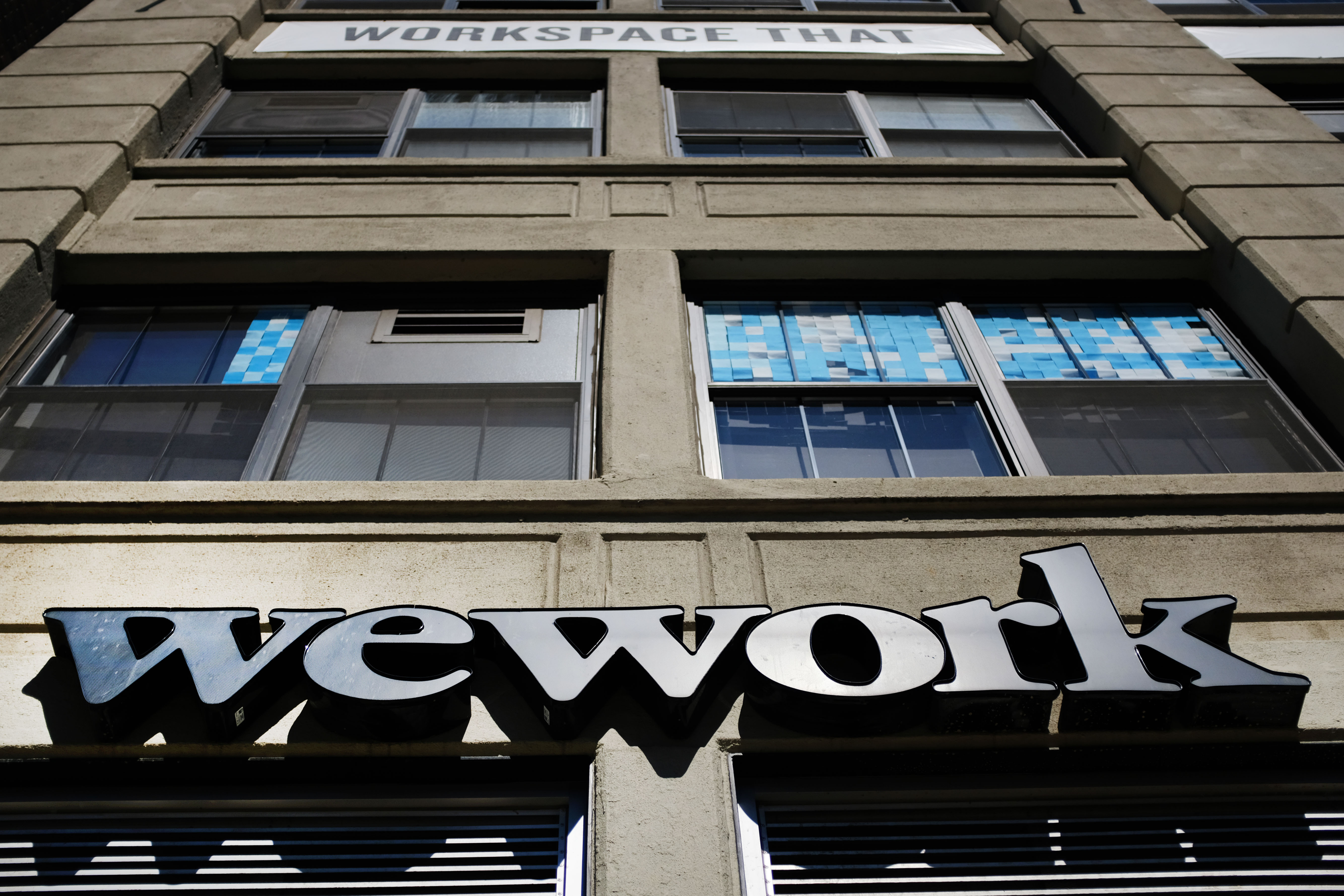TikTok issued an update Tuesday on its efforts to stem the flow of misinformation about Russia’s invasion of Ukraine, but the company doesn’t appear to be effectively implementing its existing policies around the war.
The social network cut off new content originating in Russia in early March in response to a harsh new law in the country criminalizing “fake news” about the invasion, an offense now punishable with lengthy prison sentences. But even with all new content in Russia ostensibly suspended on TikTok, some prominent Russian state media accounts are filling the information gap.
“… Our highest priority is the safety of our employees and our users, and in light of Russia’s new ‘fake news’ law, we have no choice but to suspend livestreaming and new content to our video service in Russia while we review the safety implications of this law,” the company wrote in a blog post on March 6. TikTok confirmed to TechCrunch that the pause on Russian content from last month remains in place.
TikTok says that it has now added labels to identify content from 49 Russian state-controlled media accounts. Those labels appear as unobtrusive semi-translucent gray boxes at the bottom of the screen and are not visible from account pages on the mobile app. But in spite of carrying labels that identify them as “Russia state-controlled media,” some of those accounts continue to post ample new content.

Russian state-owned media outlet @ria_novosti on TikTok.
Russian domestic news agency RIA Novosti still shares a daily mix of war and current events content in spite of TikTok restrictions in the country. In recent days, that includes a video accusing the Ukrainian military of denying treatment to a wounded civilian in the besieged city of Mariupol and another implying that Ukraine was to blame for the horrors discovered after Russia withdrew from the Kyiv suburb of Bucha.
Forbes first reported that RIA Novosti and RT editor-in-chief Margarita Simonya, both noteworthy nodes in Russian disinformation operations, were still posting to TikTok as of March 7. More than a month later, both accounts are still active in spite of TikTok’s stated policy blocking new content from Russia.
Russian state-owned outlet Sputnik Video’s last TikTok post was on March 29, while Sputnik’s Spanish language account @sputnik.mundo last posted three days ago, warning of supposed plans by “neo n@zis ucranianos” to blow up a chemical warehouse in Donetsk — an ominous message given suspicions that Russia itself could turn to chemical weapons during the coming phase of the war. Russia Today, probably the best-known news outlet tied to Russia’s government, continued to post war propaganda to TikTok until March 28.
Between late February and the end of March, TikTok says that it removed six networks and 204 accounts around the world for making “coordinated efforts” to sway public opinion about the war while obscuring their true origins. The company’s fact checkers have added prompts warning that content couldn’t be verified to 5,600 videos related to the invasion of Ukraine and removed 41,191 videos about the war for violating its misinformation policies during the same time period, according to a new blog update from the company. None of the Russian state media videos about the war that TechCrunch viewed were accompanied by fact-checking prompts when viewed or shared.
While TikTok is likely controlling the flow of new content out of Russia by monitoring where users are located, it’s not clear why the company would opt to not enforce the rules against accounts it has already linked to the Russian government, even if those accounts used basic workarounds to disguise their location. The company declined to provide comment on the record.
Compared to how other major social networks are handling Russian state media during the country’s invasion of Ukraine, TikTok’s measures are relatively light touch. YouTube began outright blocking Russian state media outlets globally last month and Facebook and Instagram have implemented their own labels and dampened the ability for those accounts to reach a wide audience. Twitter implemented similar measures for state-backed media in 2020 and is now labeling and downranking any links to Russian state-backed sites.











